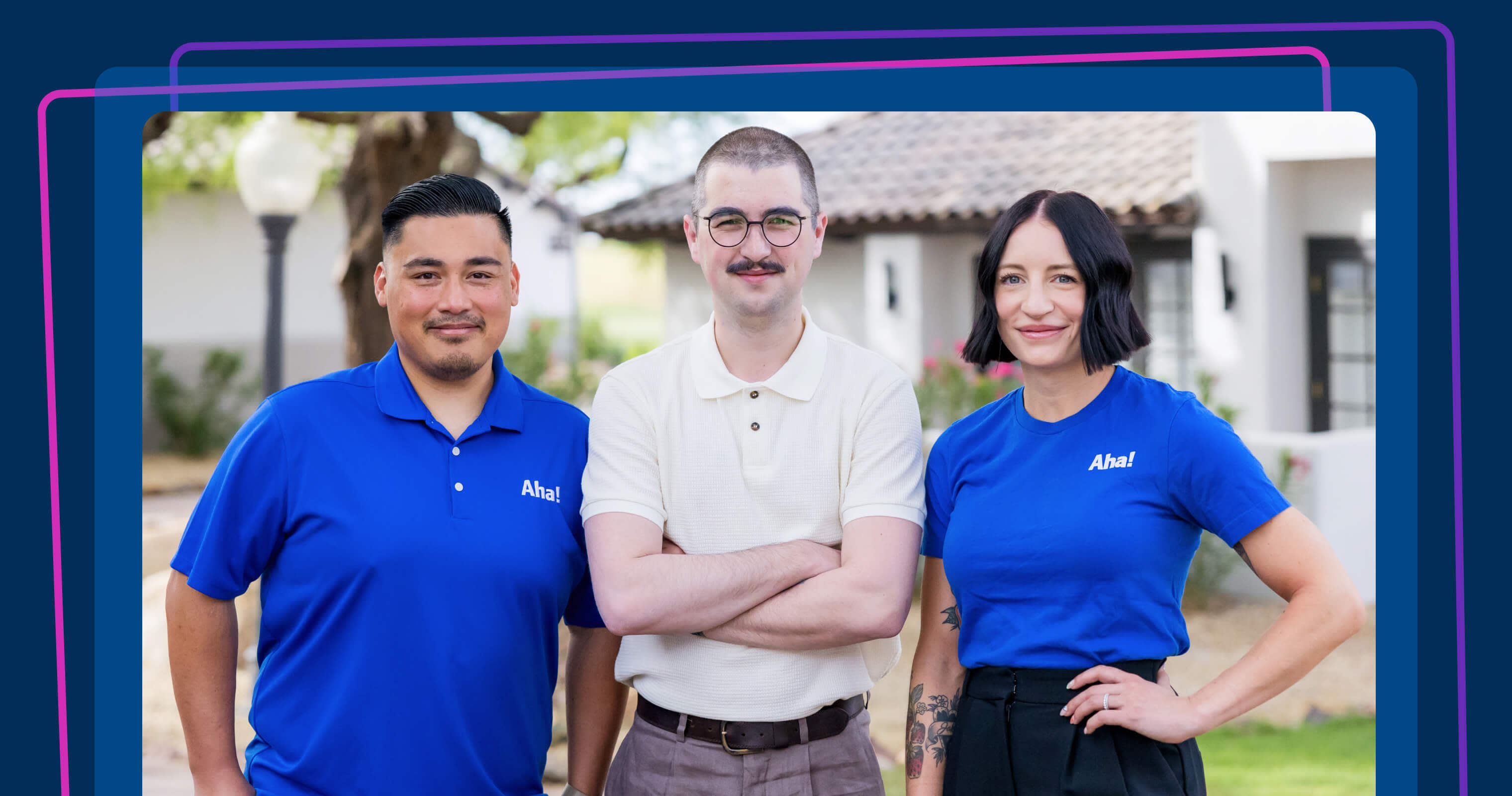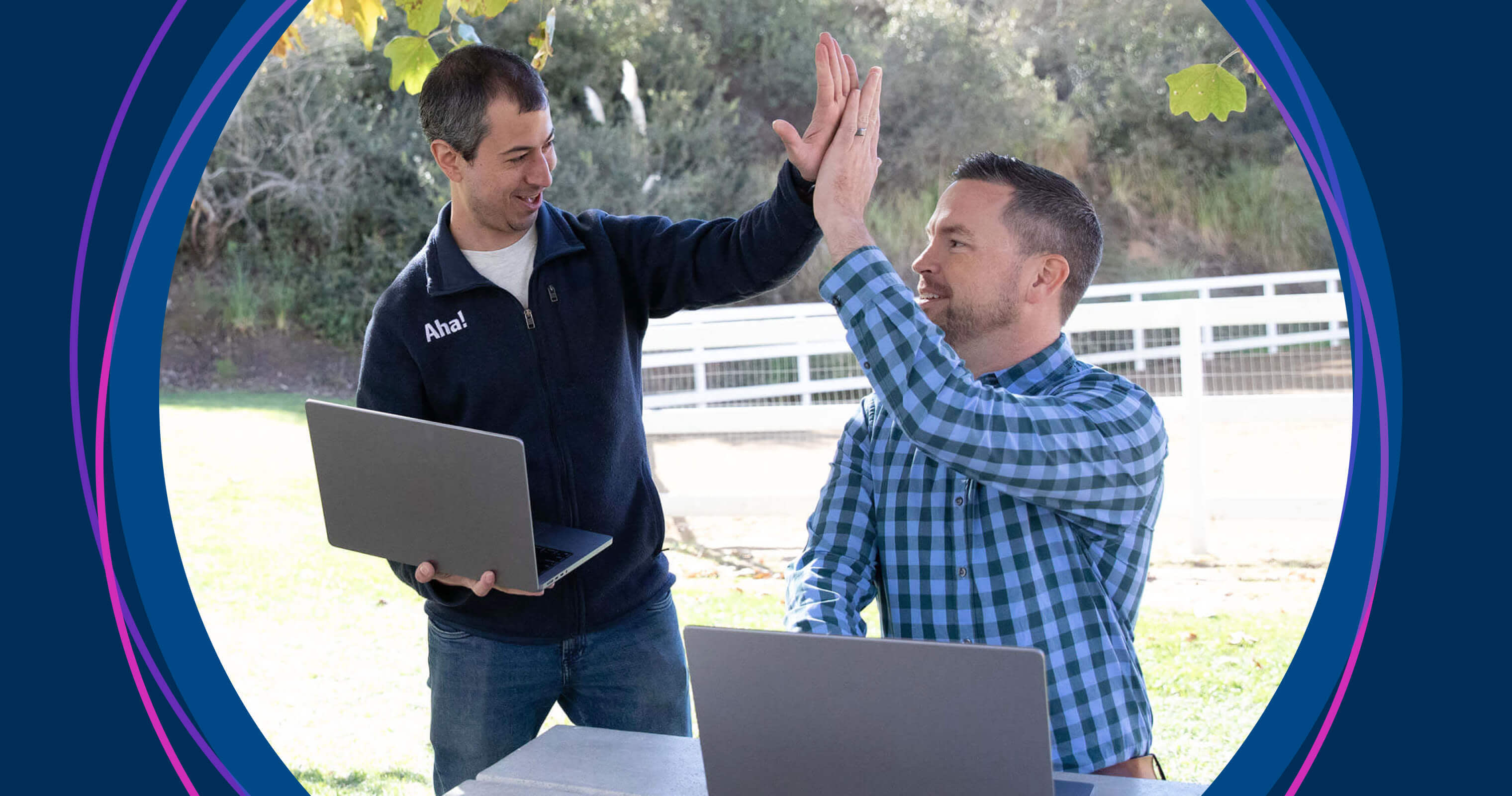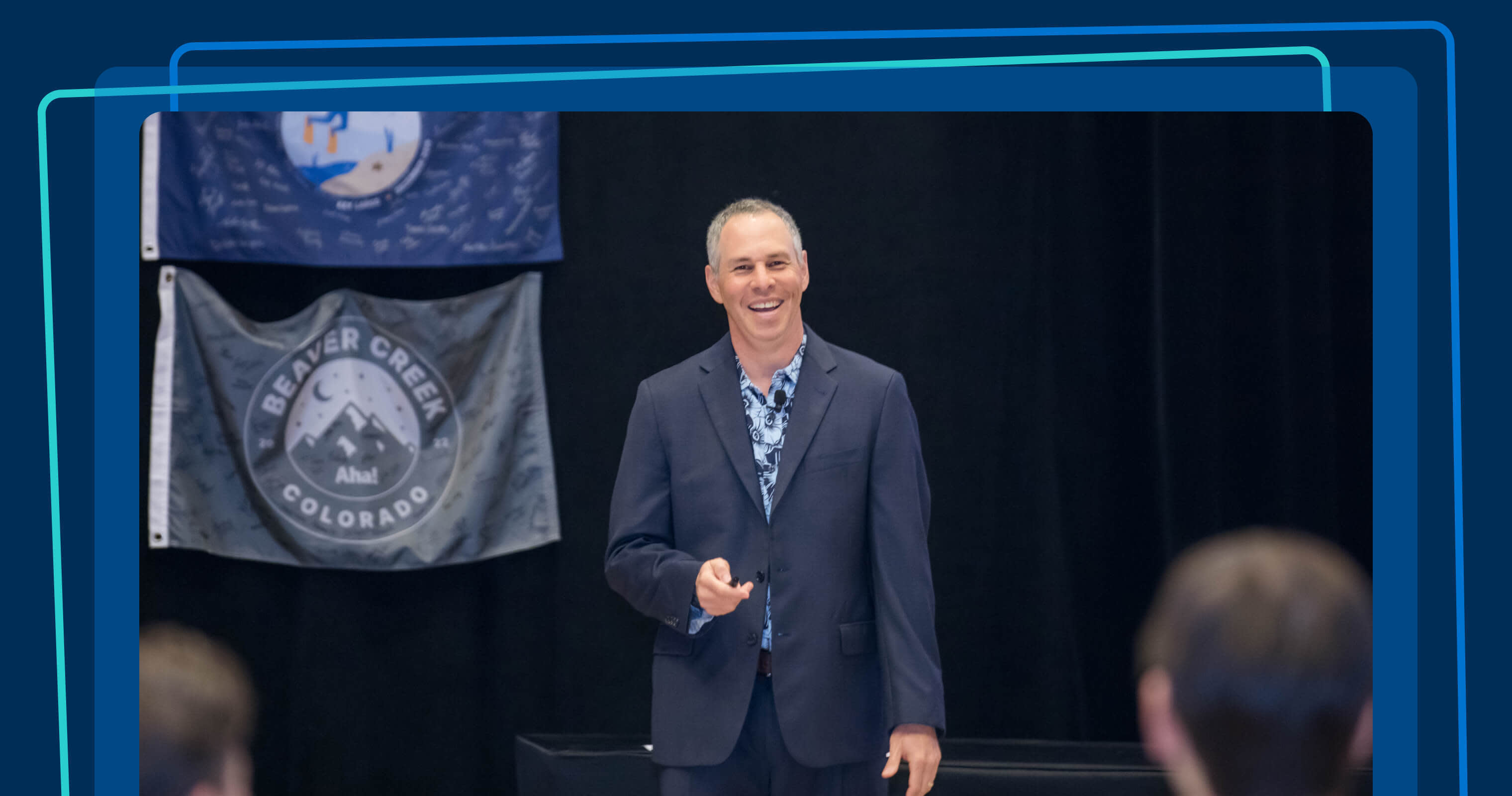
With AI, work that used to fragment across multiple specialists can now originate and flow through one person. | Photo by Jodi B Photography
The new product manager in the era of role consolidation
There is a lot of talk lately about how AI is driving "tool consolidation." Economic pressure, integration fatigue, and security concerns are all real forces pushing organizations to rationalize their software stacks. But I think something more fundamental is happening.
I think AI is bringing us into a new era of product management: the era of role consolidation.
Let me explain. I shared my view of what it takes to be a "full-stack product" manager back in 2021. In that post, I outlined 10 skill areas that exceptional product managers possess, ranging from strategic clarity to market awareness and data smarts. If you had mastery across all 10, you could consider yourself "full-stack" — capable of owning the entire product lifecycle from vision through delivery.
That transformation is here just four years later, powered by what we could not see then: AI assistants. What seemed like the pinnacle of expertise then is now the baseline. And at the same time, AI is enabling many more people to contribute in areas where they do not have deep expertise or experience.
Work that used to fragment across multiple specialists can now originate and flow through one person. You just need the right approach to using AI and access (at times) to human advisors, your colleagues, who are subject matter experts.
Product builders can now leverage AI to:
Set goals and define strategy
Conduct market research and competitive analysis
Analyze customer interviews for patterns and insights
Uncover themes across thousands of customer ideas
Draft features with detailed requirements
Apply existing design styles and components
Create prototypes to test concepts
Write release notes and documentation
Craft launch plans and messaging
None of this is theoretical. Our product team is doing this right now with Aha! software. In fact, I am back doing more product-oriented work than ever before because I can do it more efficiently.
An analyst just asked me recently what I think our productivity gains are as a result of this shift. It is hard to say, because we are an experienced and lean team.
But I can tell you that we are making better roadmap decisions and moving faster than we ever have. And that is just in product — across other teams, we are seeing similar gains. For example, in Customer Success, AI is dramatically enhancing our ability to assist customers in ways we could not have predicted.
Of course, success with AI hinges on judgment. As a product builder, you still need to know where you are going and why. And you need to decide whether what AI has produced is true and useful. It is up to you to define what is important both now and in the future, to be able to spot both mediocrity and quality, and to decide what to do with the results.
You need:
Vision
Meaningful customer insights
Subject matter intelligence
Bravery
Team spirit
AI is a force multiplier for people willing to learn how to leverage and grow with it. Anyone with the right mindset who can direct AI effectively is now a product builder.
When product folks fret about what AI will mean for their career, I always remind them that AI is trained on what people have already done — it cannot create the future. And this is an important consideration.
For example, it is excellent at conducting background research and synthesizing patterns. But it cannot:
Set your product vision
Define the most important objectives
Deeply understand what customers need
Motivate and coordinate a cross-functional team of your peers
AI immediately expands what each of us is capable of. But it is our human traits — creativity, curiosity, judgment — that determine how well we leverage it.
We will definitely lose the comfort of narrow responsibility specialization, though. And this is why I think role and responsibility consolidation is inevitable. If this worries you, take comfort in the reality that customers and your company need you to create value.
You are now able to achieve value more creatively and efficiently with AI, but building software that solves real problems remains a human endeavor. New technology has never changed that — it has just made it more feasible to do and to reach larger audiences.
I keep reminding people that although the rate of change already feels profound, the timeline for true transformation will be longer than the current hype suggests.
Technology takes decades to mature, and changing human behavior takes time too. What type of change we embrace will be up to us as product builders. But we must all ask ourselves what skills we do have that are essential to a role-consolidated world and what skills we want to gain.
Look around your team.
Someone is already using AI to accomplish product work that used to require a researcher, designer, and writer. (And possibly a developer for specific tasks.) Someone else is watching — waiting to see what happens.
It takes courage to thoughtfully use AI as a tool and push beyond traditional role boundaries. The product builders who start now will define what "full-stack" means in 2030. These will be the role consolidators.
Consider this acknowledgment an ethical call to action:
We must also ask ourselves: "What will this AI-powered era of fewer people doing more mean for all of us?" There are serious moral, economic, and safety implications for individuals, companies, and the world.
I grapple with this often. It comes up especially when I think about the skills my kids are learning and their future careers. So far, I have many questions and no answers. It is impossible to predict what the next decade will bring. Whatever happens, we must approach this new era with humility and humanity.
There is absolutely no doubt that change is here. How we contend with it — with a focus on human thriving — is something we must all consider.




